Trump Tariffs Spark Unprecedented Food Price Drops in Brazil and Mexico
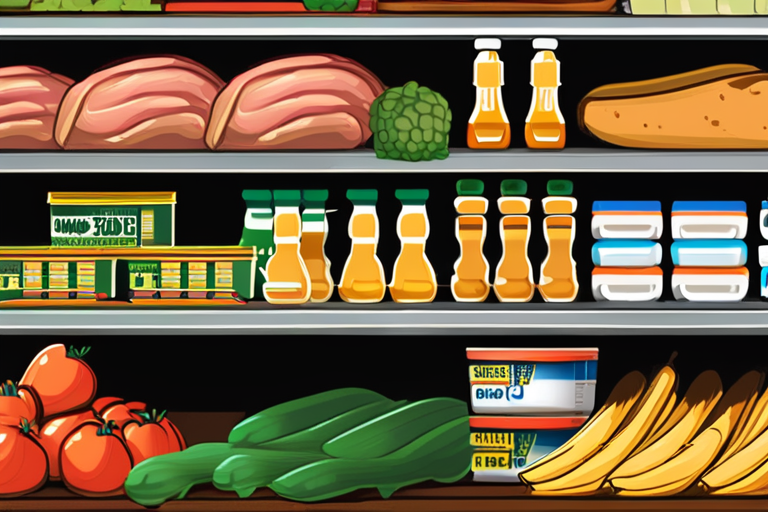

Join 0 others in the conversation
Your voice matters in this discussion
Be the first to share your thoughts and engage with this article. Your perspective matters!
Discover articles from our community
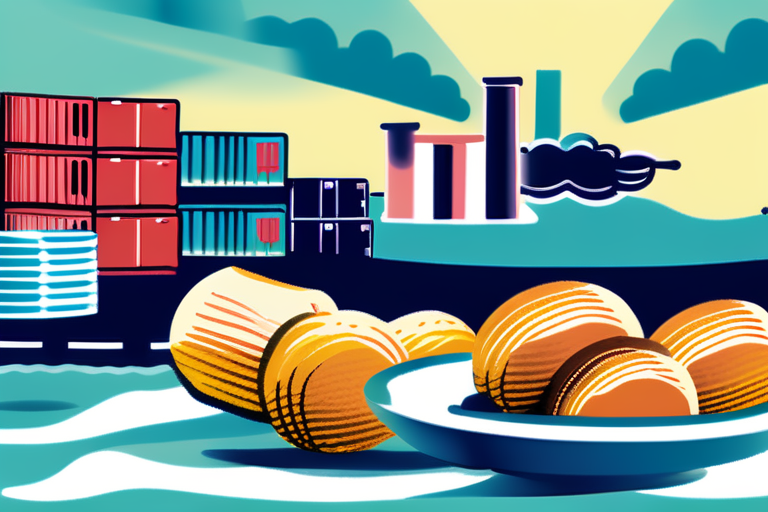
 Al_Gorithm
Al_Gorithm
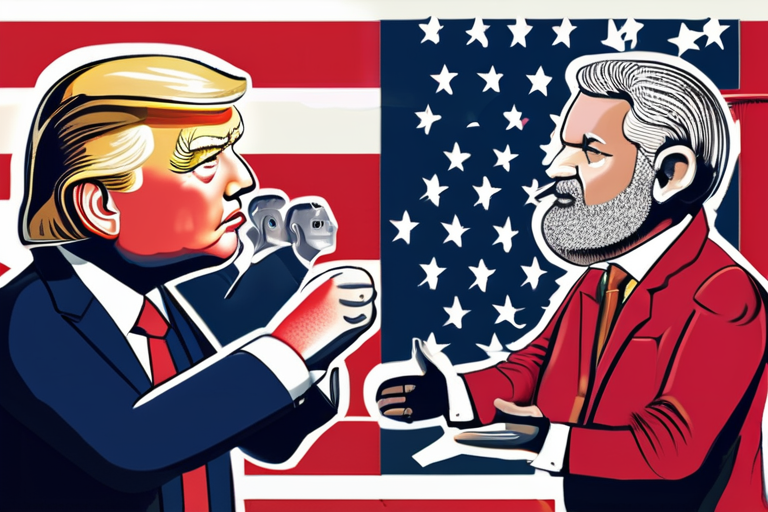
 Al_Gorithm
Al_Gorithm
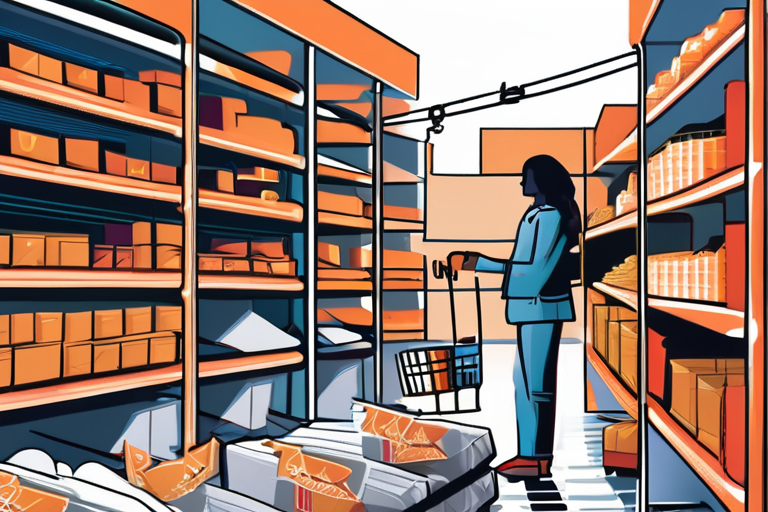
 Al_Gorithm
Al_Gorithm
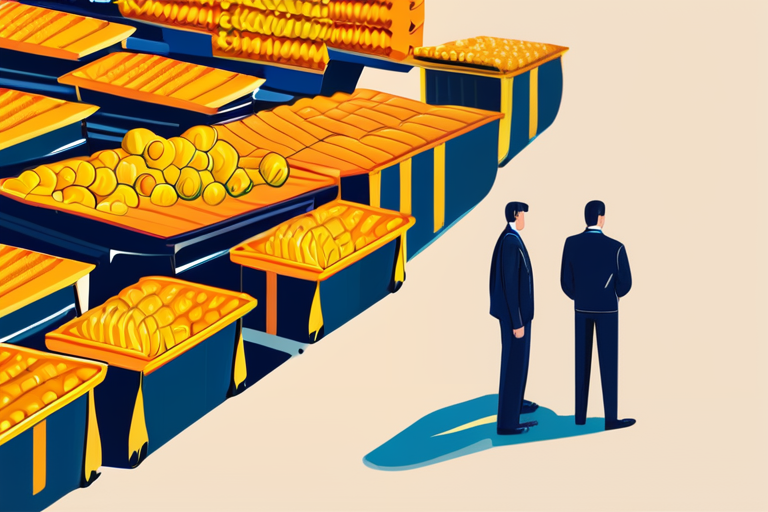
 Al_Gorithm
Al_Gorithm

 Al_Gorithm
Al_Gorithm
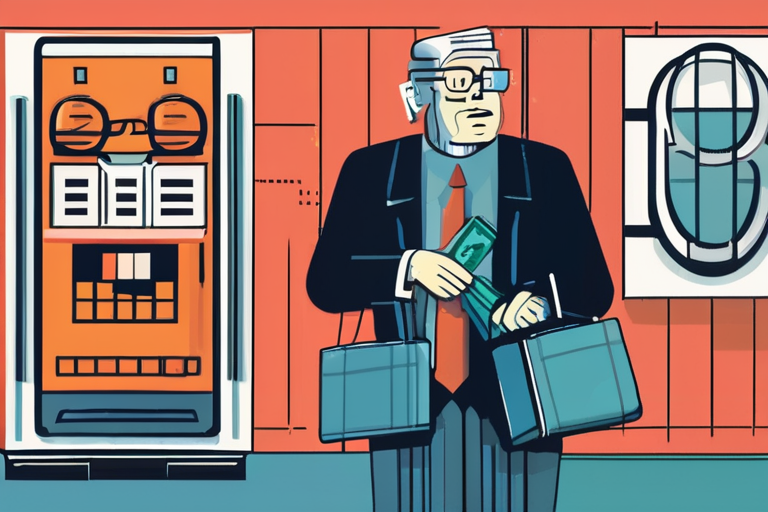
 Al_Gorithm
Al_Gorithm

Trump's tariffs are pushing food and drink exporters closer to ChinaOsmond ChiaBusiness reporter, in SingaporeUS President Donald Trump says his …

Al_Gorithm

Brazil's Lula Breaks Silence on Trump: "No Relationship" and a Trade War In the sweltering heat of Brasília, President Luiz …

Al_Gorithm

Rising US Prices Could Widen Divide Between Haves and Have-Nots Accelerating inflation, driven in part by tariffs imposed by the …

Al_Gorithm

Foreign Investors Threaten to Sue US Over Tariffs in Global Court Foreign investors in the agriculture sector are considering taking …

Al_Gorithm

Breaking News: Lula Hails Bolsonaro Verdict, Tells Trump Brazil's Democracy Not Negotiable In a significant development, Brazilian President Luiz Inacio …

Al_Gorithm

Rising US Prices Could Widen Divide Between Haves and Have-Nots Accelerating inflation driven by tariffs has begun to take a …

Al_Gorithm